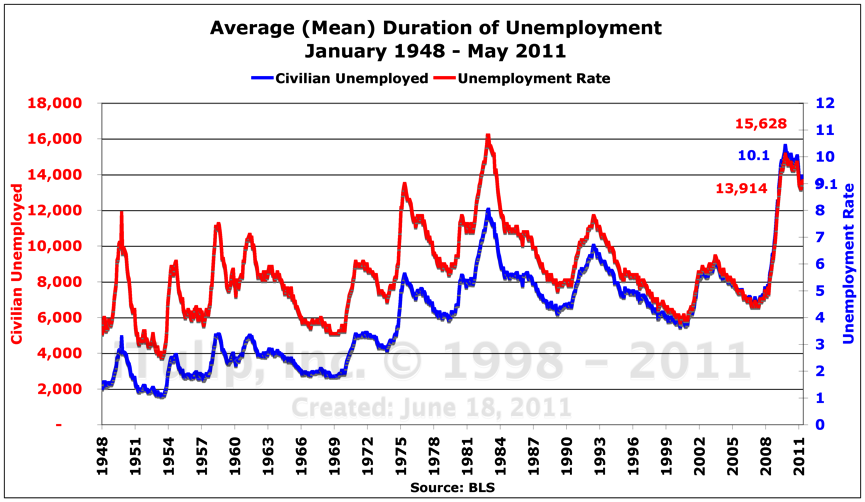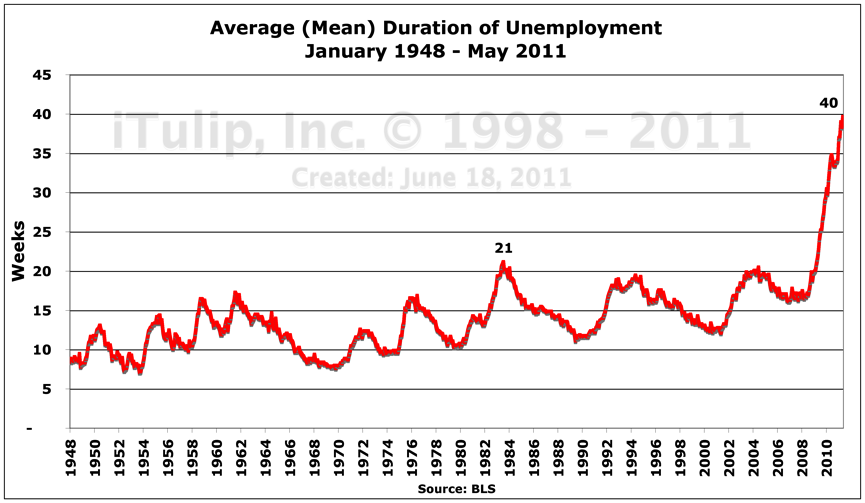Re: The Next Ten Years – Part I: There will be blood - Eric Janszen
I don't think it's about democracy. It's about maintaining economic growth to support a debt-based ever-expanding monetary system. The US has just over 300 million people that consume over 20% of the world's energy. China? They have about 300 million people living an industrialized lifestyle, and another 1 BILLION waiting in line to get their taste of the modern lifestyle.
Not enough energy to go around... someone's economy is going to take a hit. The question is, how will that choice be made? Who loses, or more likely, we all "lose?"
I don't think it's about democracy. It's about maintaining economic growth to support a debt-based ever-expanding monetary system. The US has just over 300 million people that consume over 20% of the world's energy. China? They have about 300 million people living an industrialized lifestyle, and another 1 BILLION waiting in line to get their taste of the modern lifestyle.
Not enough energy to go around... someone's economy is going to take a hit. The question is, how will that choice be made? Who loses, or more likely, we all "lose?"



Comment